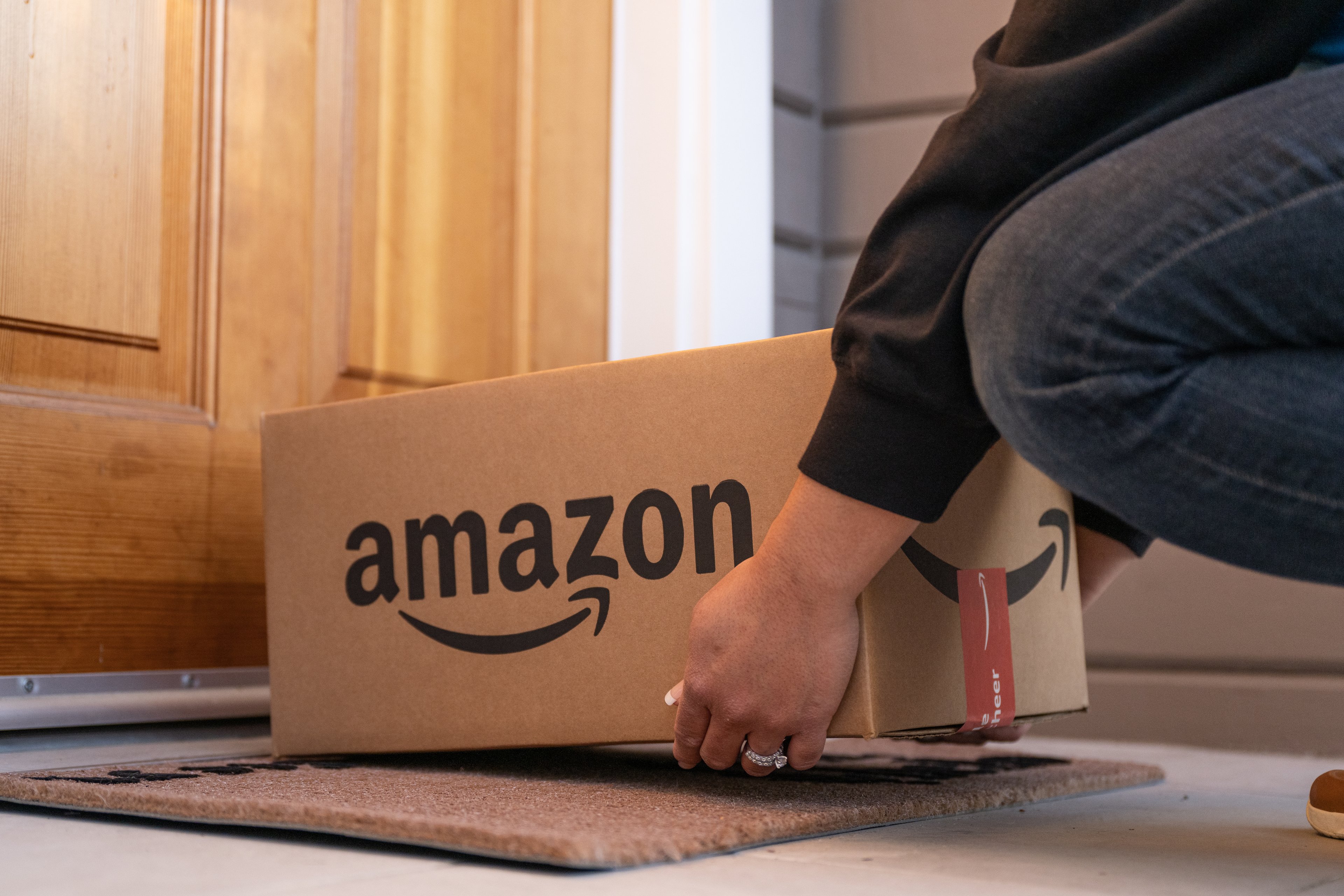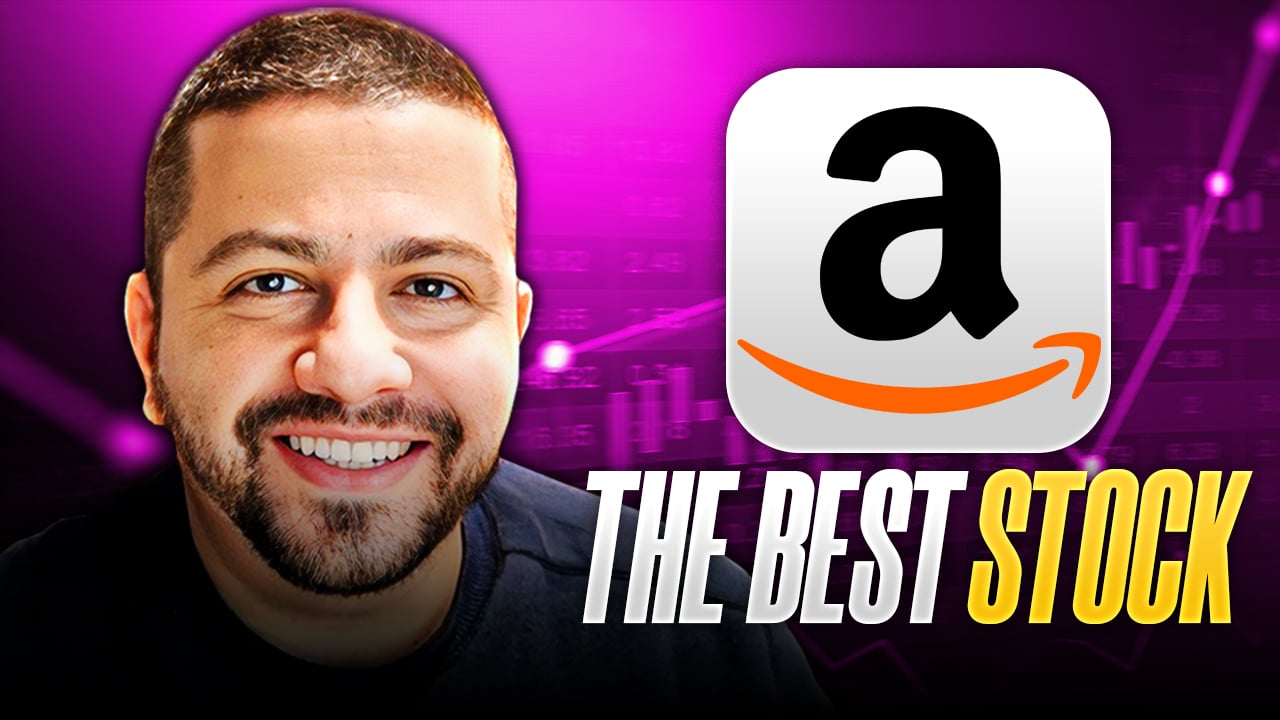Amazon.com (AMZN +0.27%) has been in talks with record labels to license streaming rights for music for some time. A few weeks ago, reports surfaced that Amazon was engaged in "more serious" talks with record labels. Now, The Wall Street Journal reports Amazon is looking to add music on a limited basis. In other words, listeners will be forced to buy the song if they listen to it too much.
This is similar to how Apple (AAPL 0.08%) prominently features a buy button on its iTunes Radio service, although Apple doesn't enforce limits on streaming. Google (GOOG 0.81%) bypassed the free option with its Play Music All Access service, charging listeners $10 per month. The company does operate the largest free music streaming site in the world, however, with YouTube. Meanwhile, Pandora (P +0.00%) remains the largest Internet radio service.
Amazon's potentially limited listening experience is curious. Although the company has successfully leveraged its Prime Instant Video service to sell more premium video content, music is consumed much differently from video, and there's much more competition. It would make more sense for Amazon to offer a premium music streaming service bundled with other Prime benefits.
In the same boat as Apple
AmazonMP3 is the second largest digital music store on the web after iTunes. Apple's diversification into iTunes Radio was all but forced by on-demand streaming from YouTube and the rising popularity of Pandora and other streaming radio services.
Apple saw the writing on the wall. Indeed, digital downloads declined for the first time in history last year. Apple certainly has the most at stake, with over 60% of the digital music market, but Amazon generated over $1 billion in revenue from music downloads in 2012.
Apple has a couple of advantages over Amazon that will allow a fairly generic music streaming service to succeed over the competition. First, it's integrated directly with its popular hardware. Amazon has some fairly popular hardware of its own with the Kindle Fire line, but nowhere near the penetration of Apple's iOS devices.
Second, Apple's streaming rights with record labels allow it to stream albums pre-release and promote album sales when the album actually comes out. Nobody else offers this feature, and Apple is able to do it because of the size of iTunes and its ability to influence record sales.
Why Amazon should go whole hog
A company like Pandora, which started from scratch and needed to build the infrastructure for its streaming service, has a lot of overhead to cover on top of paying for music rights. Additionally, the company has a high cost of sales in order to gain more lucrative advertising partners.
Amazon, on the other hand, already has the infrastructure in place. It has one of the largest cloud computing services in the world, and it already streams personal music collections. In fact, Amazon is fully capable of practically copying Google's All Access service and adding value. The company announced on Thursday that the price of a Prime subscription will increase by $20, which would offer a better price than most other premium music streaming services like All Access
Both Amazon and Google have similar strengths: They both offer cloud computing solutions, they both have digital music stores, and they attract large audiences to their websites already. Amazon's advantage is that it can make money on the back end with its webstore.
The economics work out, too. Amazon's $20 price hike on Prime will generate approximately $400 million in extra revenue (assuming 20 million Prime members). It reportedly offered $30 million for streaming rights to record labels, which was apparently objectionable to some labels. That price represents over 23 billion songs streamed at Pandora's and iTunes Radio's rate. Still, Amazon could raise the offer significantly further and still have enough left over to cover increased shipping rates and video licenses.
And it's likely Amazon will add Prime subscribers if it offers a premium music streaming service. All Access has approximately 7 million subscribers, and Spotify has about 6 million paid subscribers that Amazon could certainly convince to defect.
Maximizing revenue
Amazon will likely benefit from music streaming regardless of how it implements it as it staves off the decline in digital downloads. Management certainly knows more about its business than I do, but I find it unlikely a lot of people would choose a limited streaming service over numerous unlimited and free options. Still, Amazon is very good at maximizing its revenue.
Apple is having success with iTunes Radio, but a similar, if not more limited, service from Amazon is unlikely to move the needle for the e-commerce giant, in my opinion. A full-out premium service integrated into Prime makes a lot more sense to me.






